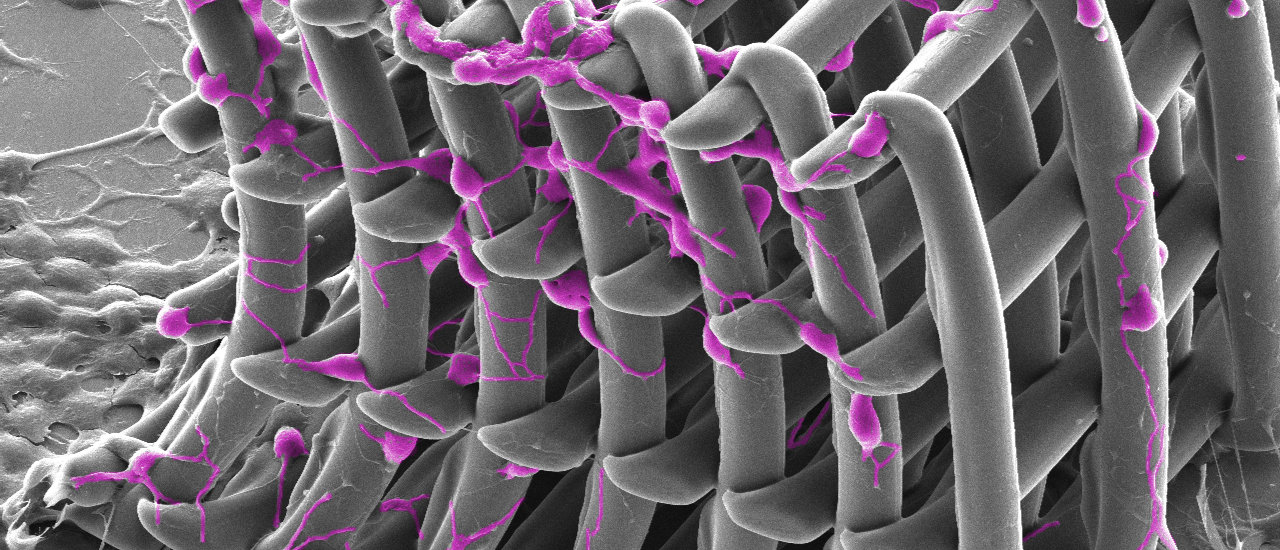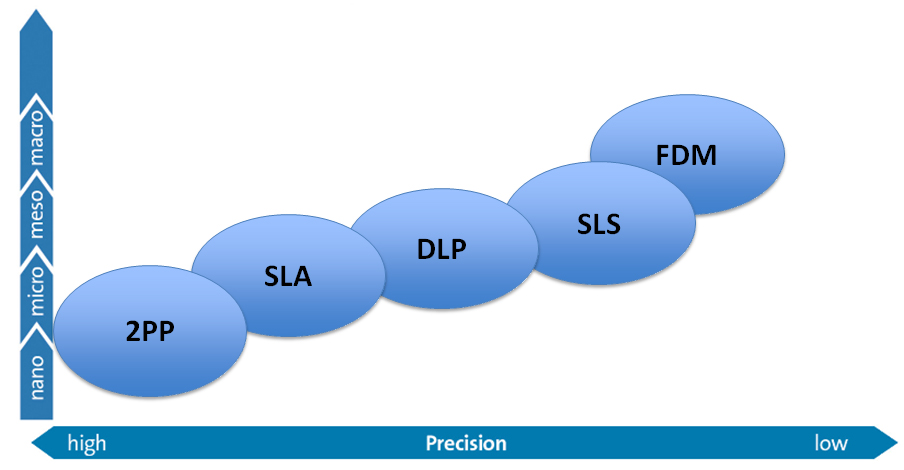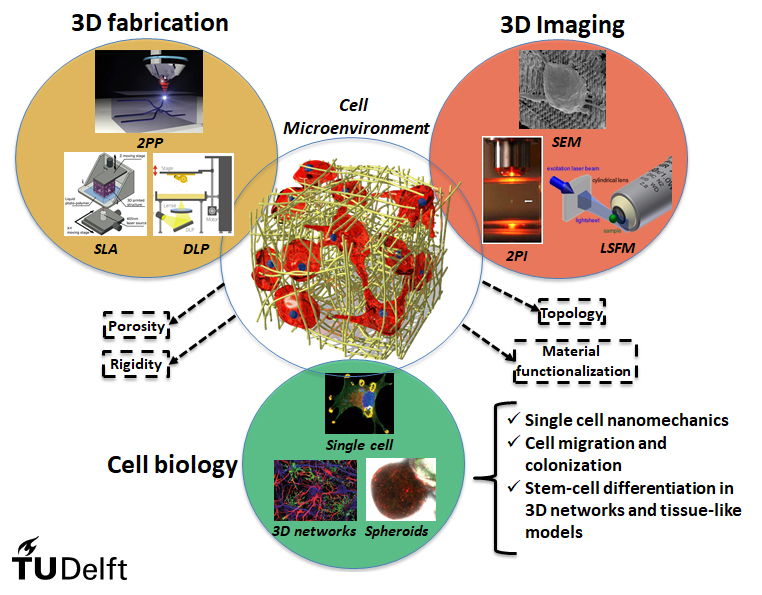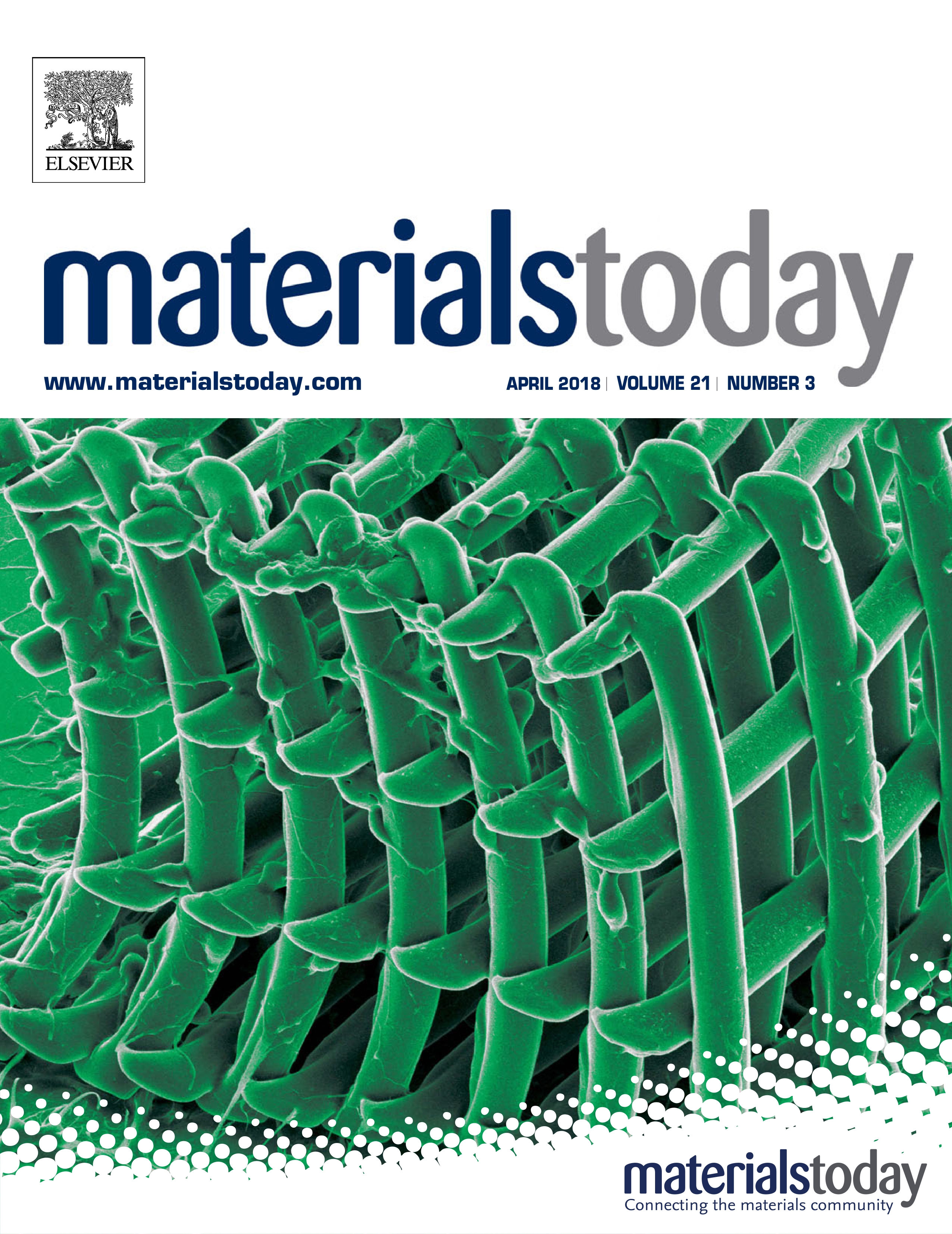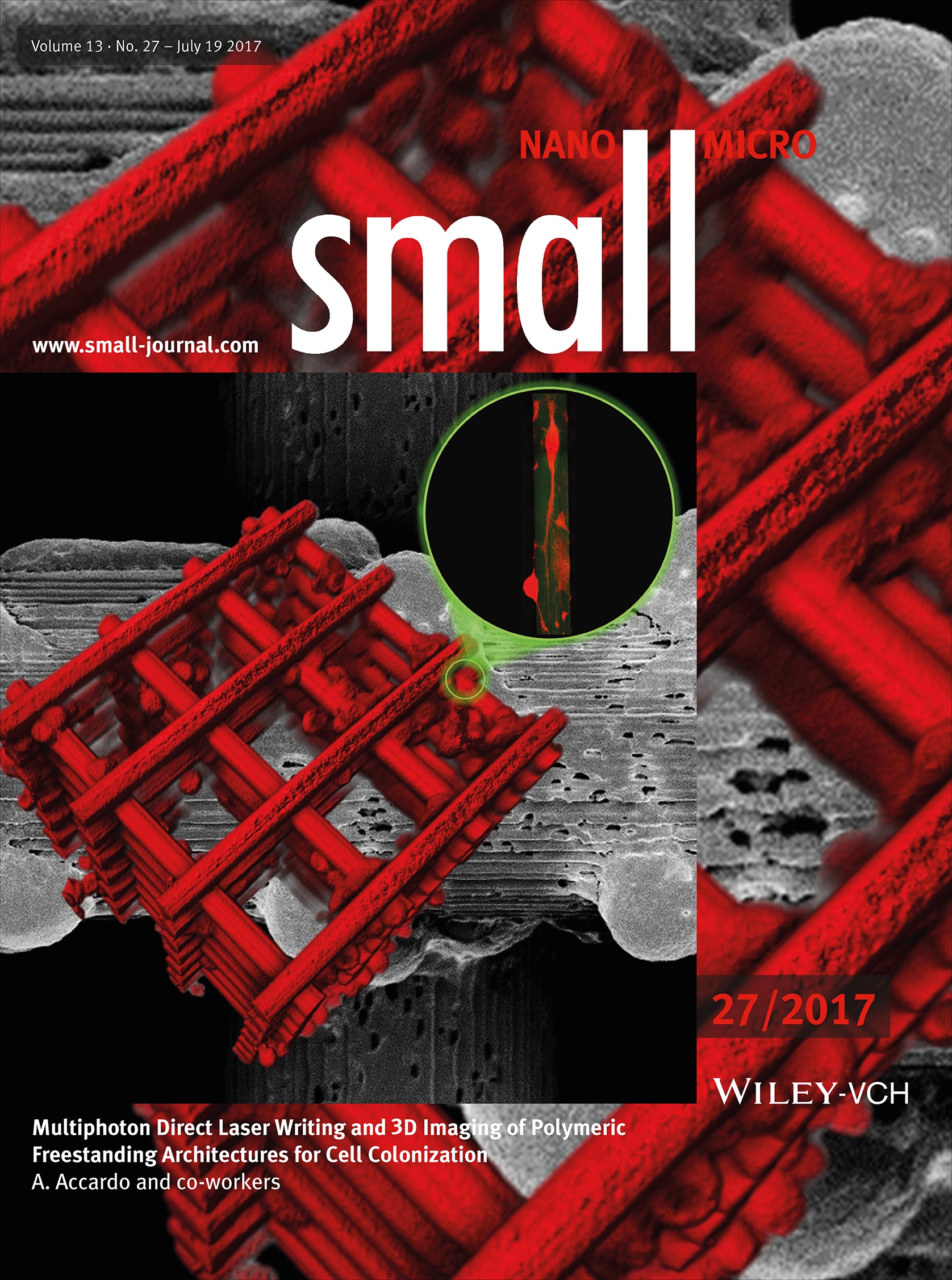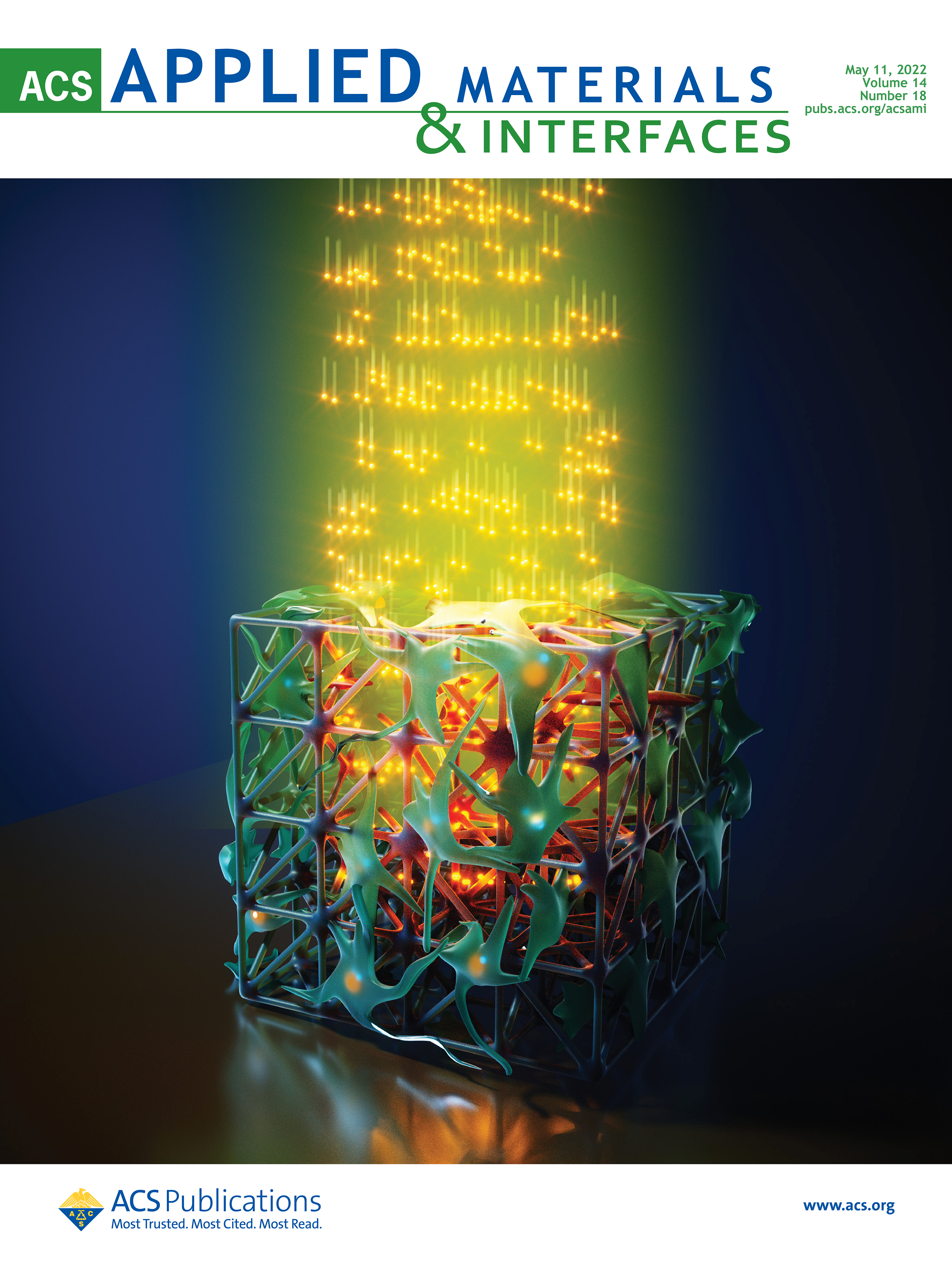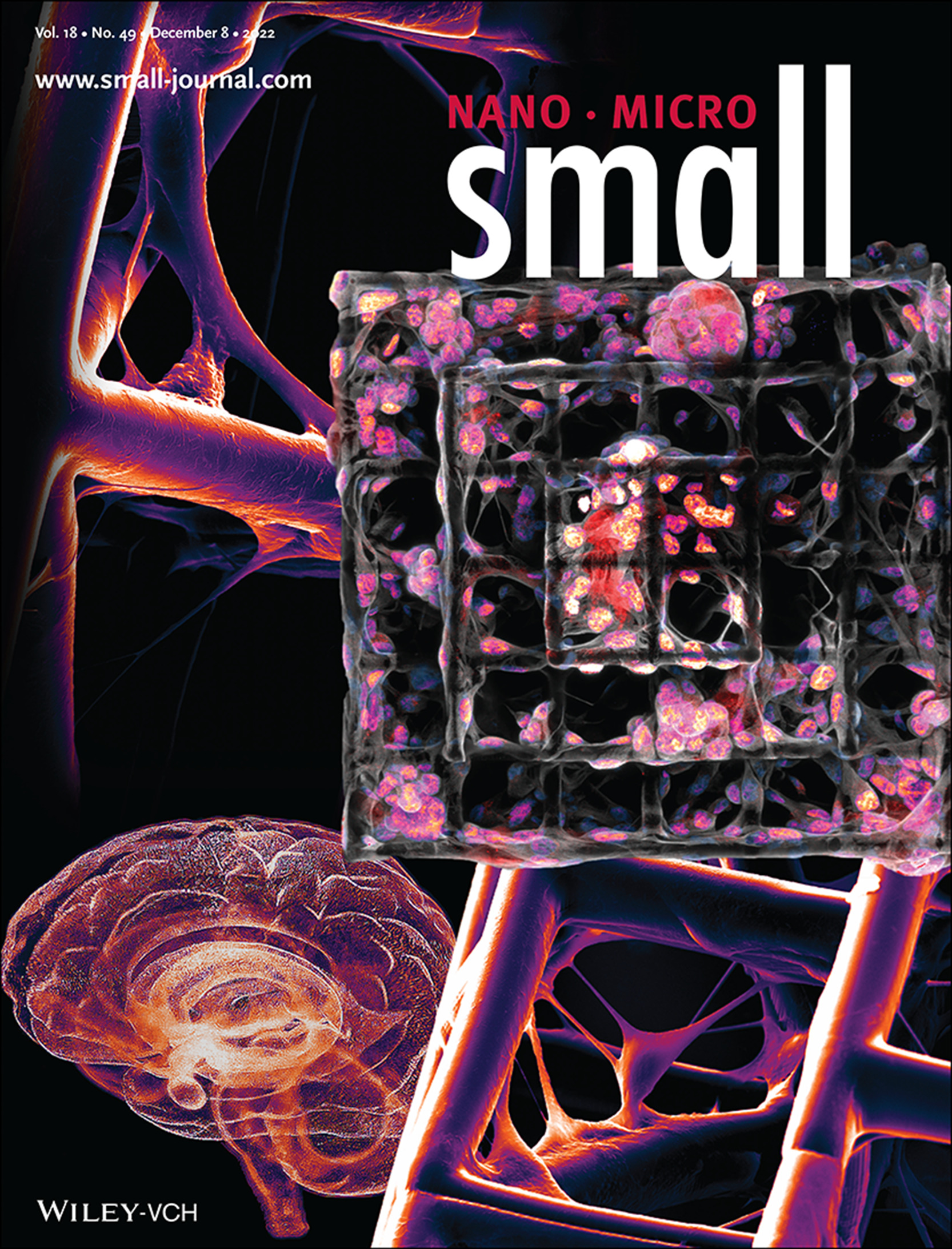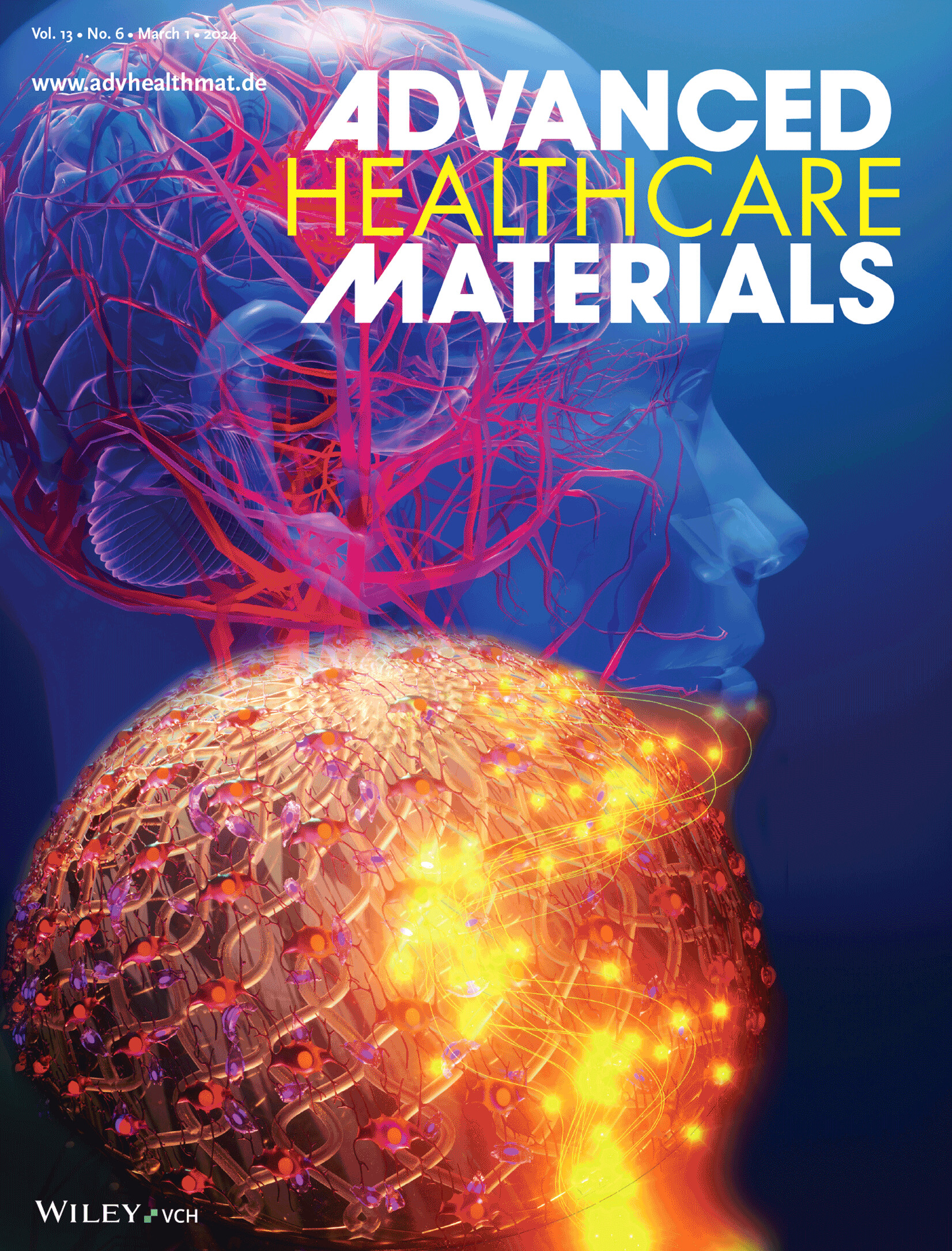3D Engineered Cell Microenvironments
Our main focus is within the topic of manufacturing polymer and hydrogel materials for addressing a range of open questions in cell biology. We are interested in the development of new technologies, utilizing the state-of-the art equipment in our facilities, for the low-cost, up-scalable and high-throughput structuring and fabrication of polymer-based systems at multiple resolutions. Particularly, we place emphasis on light-assisted 3D photopolymerization (e.g. two-photon polymerization-2PP, digital-light projection-DLP and Mask Stereolithography-MSLA) that compared to other additive manufacturing (AF) techniques, such as selective laser sintering (SLS) or fused deposition modeling (FDM), allows us to create devices at the micro and nano scale.
Research leader: Angelo Accardo, Associate Professor MNE
In the context of Life Science Applications and Biology, we employ these methodologies for developing engineered microenvironments able to mimic the main features of natural cellular niches. This requires fine tuning of the porosity, rigidity, topology and material’s functionalization of the scaffolds. Our target is to use then these biocompatible structures for investigating migration, differentiation and mechanobiology features of cells and tissue-like constructs.
Next to fabrication, we also make use of multi-technique characterization protocols, involving imaging (SEM, two-photon confocal imaging-2PI, light sheet fluorescence microscopy-LSFM) and nano-indenting techniques, to evaluate the morphological and mechanical 3D/4D properties of both cells and nanoengineered biomaterials.
